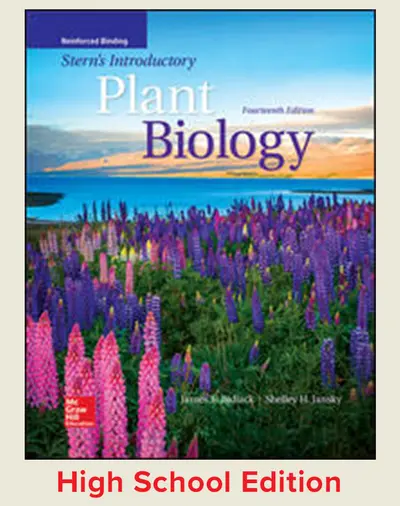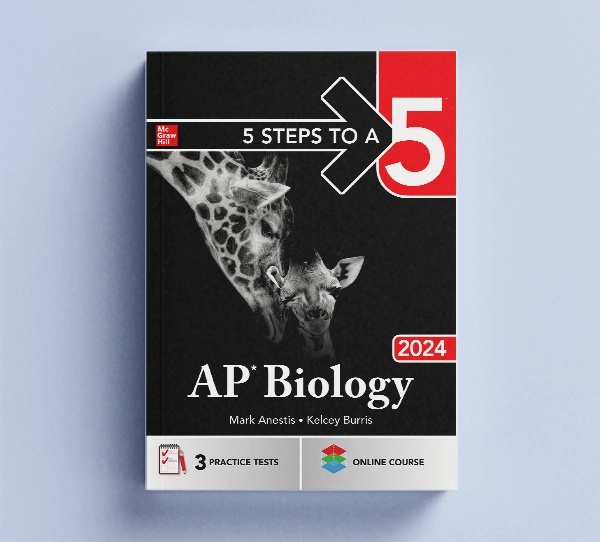James E. Bidlack
Jim Bidlack received a bachelor of science degree in agronomy, with a soil and drop option, from Purdue University in 1984 and continued his education with a master’s degree in crop physiology at the University of Arkansas in 1986. Upon completing a Ph.D. in plant physiology at Iowa State University in 1990, Jim joined the teaching faculty at the University of Central Oklahoma (UCO) where he is a professor of biology. His first paper was published from undergraduate research at Purdue University on the use of synthetic growth regulators to stimulate seed germination. Subsequent work in Arkansas, Iowa, and Oklahoma focused on soybean physiology, cell wall chemistry, alternative crops, and photovoltaic cells, as well as teaching responsibilities in botany. Equipment and student salaries for Jim’s research projects have been funded by grants from the National Science Foundation and the United States Department of Agriculture. About 20 refereed publications, as well as hundreds of abstracts and popular articles, have resulted from this work. Jim has been recognized with UCO’s Presidential Partner’s Excellence in Teaching Award; University Merit Awards in Service, Research, and Teaching; the Biology Club Teaching Award; and the Pre-Med Teaching Award. Some of Jim’s additional responsibilities have included participation on NSF and USDA review panels, editor of the Biology Discipline for the Multimedia Educational Resource for Learning and Online Teaching (MERLOT), vice president of The Genome Registry, and president of Metabolism Foundation.
Shelley H. Jansky
Shelley Jansky received a bachelor’s degree in biology from the University of Wisconsin–Stevens Point in 1982, and a master of science degree and Ph.D. in plant breeding and plant genetics from the University of Wisconsin–Madison in 1984 and 1986, respectively. Her graduate work focused on developing methods to incorporate genes from wild relatives of potato into the cultivated potato. Then, she spent four years as an assistant professor at North Dakota State University, teaching courses in plant breeding and plant propagation, and performing research in the potato breeding program. She taught courses in botany, genetics, and horticulture, and continued to perform potato genetics research at the University of Wisconsin–Stevens Point from 1990 until 2004. She was the chair of the Department of Biology and was promoted to associate professor in 1992 and professor in 1995. In 2004, she moved to Madison, where she is a research geneticist with the U.S. Department of Agriculture and an associate professor in the Department of Horticulture at the University of Wisconsin–Madison. Her research program focuses on using disease resistance and nutritional quality genes from wild relatives for the improvement of cultivated potato varieties. She received the University of Wisconsin–Stevens Point Excellence in Teaching Award in 1992 and the University Scholar Award in 2000. She has published 87 refereed research articles and seven book chapters.













































Social Studies
View all Social Studies Programs
IMPACT (K–5)
Actively Learn (3–12)
New Social Studies (6–12)
Networks (6–12)